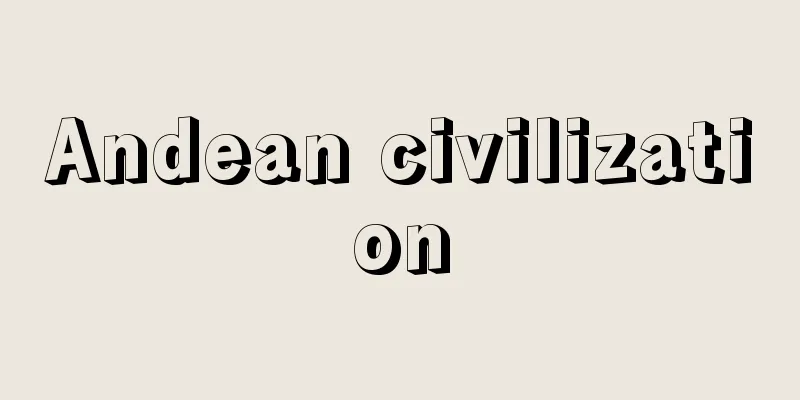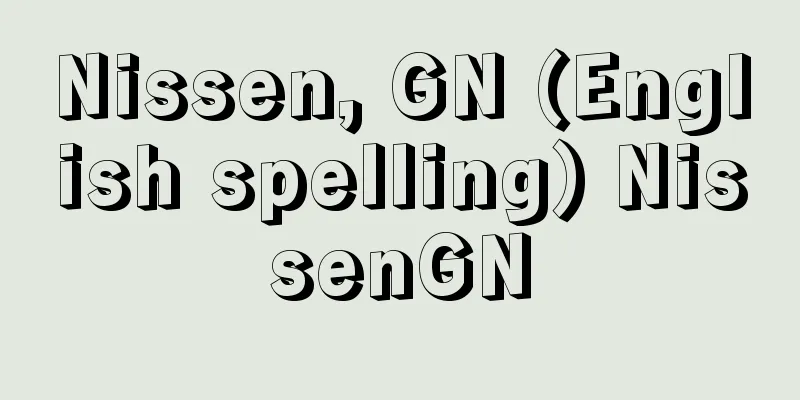Joseph Dietzgen

|
German philosopher and socialist. He studied philosophy on his own while working as a tanner. After participating in the March Revolution of 1848, he became involved in the socialist movement. During the reactionary period, he fled to America, and later went to Russia, and finally died in Chicago. He rejected metaphysics and made epistemology the main task of philosophy. He taught that things interact with each other and develop fluidly, that everything returns to one infinite nature, and therefore the distinctions between existing things are only relative or of degree, that thinking is a product of the brain, and that cognition is a development from the particular to the universal. Engels' assessment that he reached the position of dialectical materialism independently of Marx and others was largely due to political considerations, and in reality, he was a simple monist of nature that relied on crude metaphors without concrete analysis. His major works include "The Essence of Human Mental Activity" (1869), "The Fruits of Philosophy" (1887), and "An Outline of Epistemology by a Socialist" (1887, translated into Japanese as "Marxist Epistemology"). [Kenichiro Fujisawa March 19, 2015] "The Essence of Human Mental Activity, translated by Komatsu Setsuro (Iwanami Bunko)" ▽ "The Fruits of Philosophy, translated by Yamakawa Hitoshi (Reprint edition of Kaizo Bunko, Yamato Shobo)" ▽ "Marxist Epistemology, translated by Ishikawa Junjuro (Reprint edition of Kaizo Bunko, Yamato Shobo)" ▽ "Materialism and Empirio-Criticism, by Lenin, translated by Sano Fumio (Iwanami Bunko)" [References] |Source: Shogakukan Encyclopedia Nipponica About Encyclopedia Nipponica Information | Legend |
|
ドイツの哲学者、社会主義者。なめし革工の仕事のかたわら哲学を独学する。1848年の三月革命に参加して以来、社会主義運動に携わる。反動期にはアメリカへ亡命、のちにはロシアにも行き、最後はシカゴで没した。形而上(けいじじょう)学を否定して認識論を哲学の本務とする。事物は相互に作用しあって流動的に発展すること、すべてのものは一なる無限の自然に帰し、それゆえ存在するものの間の区別は相対的、もしくは程度の差でしかないこと、思考は脳髄の所産であり、認識は個別から普遍への発展であることなどを説いた。マルクスらとは独立に唯物論的弁証法の立場に達したとするエンゲルスの評価は、多分に政治的配慮によるものであり、実情は具体的な分析を抜きにして粗雑な比喩(ひゆ)ですます素朴な自然一元論である。主著に『人間の頭脳活動の本質』(1869)、『哲学の実果』(1887)、『一社会主義者による認識論概観』(1887。邦訳『マルキシズム認識論』)などがある。 [藤澤賢一郎 2015年3月19日] 『小松摂郎訳『人間の頭脳活動の本質』(岩波文庫)』▽『山川均訳『哲学の実果』(大和書房・覆刻版改造文庫)』▽『石川準十郎訳『マルキシズム認識論』(大和書房・覆刻版改造文庫)』▽『レーニン著、佐野文夫訳『唯物論と経験批判論』(岩波文庫)』 [参照項目] |出典 小学館 日本大百科全書(ニッポニカ)日本大百科全書(ニッポニカ)について 情報 | 凡例 |
Recommend
Petrogale xanthopus (English spelling) Petrogalexanthopus
…While kangaroos tend to live in groups in open g...
Akiyoshi limestone (English spelling)
Limestone from the Early Carboniferous to the Mid...
Ungyo - Ungyo
"Un" is a Sanskrit character that is the...
Etienne (English spelling) Robert Estienne
[1503-1559] French publisher and humanist. He edit...
Kallimachos (sculptor) (English spelling)
In the East, acanthus remains in many examples of...
Meridiem
…In British and American English, am and pm are o...
Nasrid Dynasty - Nar
The last Islamic dynasty in the Iberian Peninsula...
Naraya Ichiemon - Naraya Ichiemon
Year of birth: Year of birth and death unknown. Th...
Adjustable hook (adjustable hook)
This is a hook that allows you to freely adjust th...
Jia (English spelling)
One of the ancient Chinese ceremonial vessels, it ...
The power of exercise
...Descartes' force is a secondary concept th...
Sebastiscus albofasciatus (English spelling)
…[Toru Taniuchi]. … *Some of the terminology that...
Patent Cooperation Treaty
A treaty under which an application for the same ...
Mithradates I (English spelling)
…Reigned 171-139 or 138 BC. Also known as Mithrad...
Gournia (English spelling)
The ruins of the Minoan civilization are located n...









